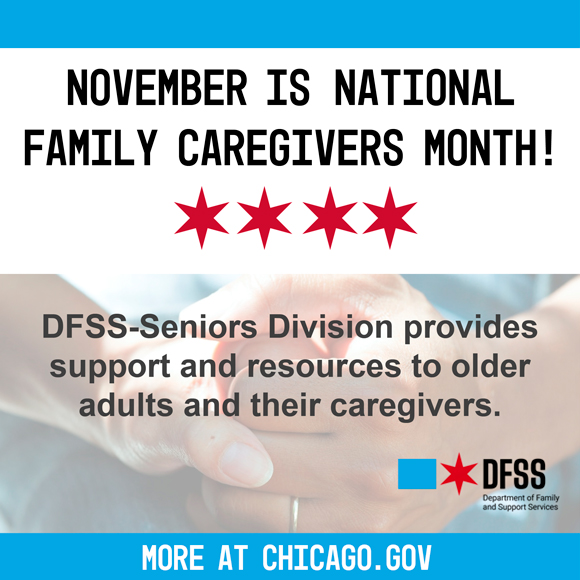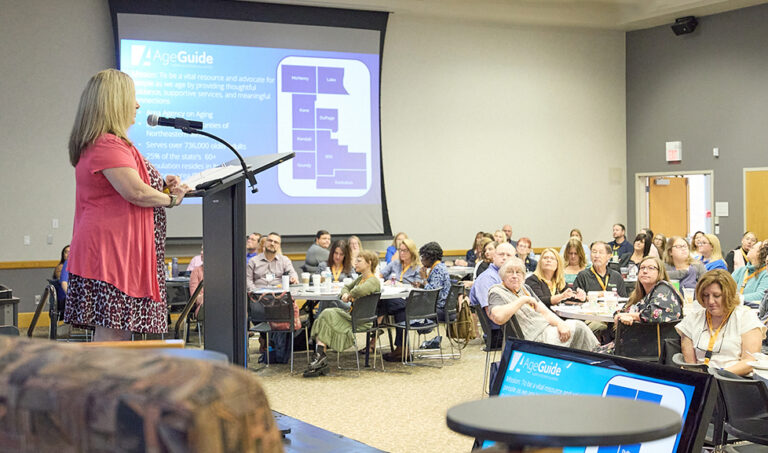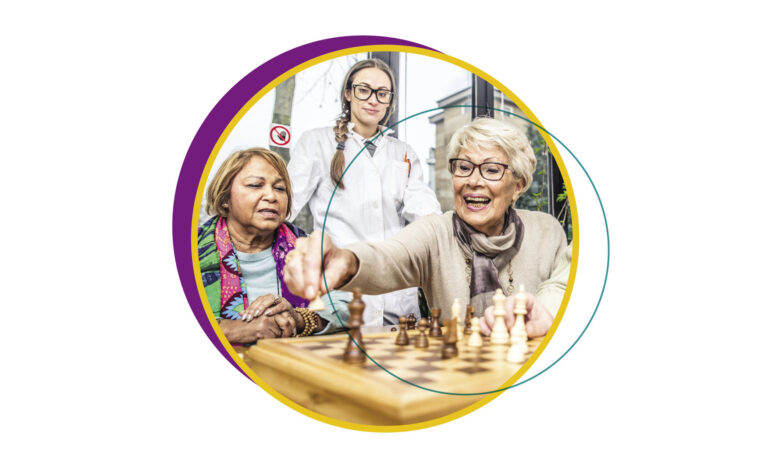
Eve is an award-winning editor and writer. She is the former Editor-in-Chief of Chicago Health magazine and Caregiving magazine, as well as the former Managing Editor of Tribune Media Services. She is a highly skilled communications professional, and has created content for a variety of platforms, including magazines, newspapers, websites, newsletters and nonprofit organizations.
Finding connections through the fog of dementia
It’s hard to watch a loved one deteriorate with dementia. It’s hard to watch them lose memories, lose their ability to communicate, lose functioning.
But deep in their soul, they are still the same person they always were. It’s important to recognize those glimmers and make the best of their capabilities, depending on the stage of their disease.
Purpose is powerful. Like a compass, purpose guides us, no matter our age. But for people with dementia, it’s especially vital. Their contributions matter. They matter.
Involve a loved one with dementia in an activity if they’re able, suggests June McKoy, MD, MPH, a specialist in geriatrics medicine and a professor of medicine, preventive medicine, and medical education at Northwestern University Feinberg School of Medicine.
“They can help you fold laundry. It doesn’t matter how well it’s folded, but it’s folded,” she says. “Give people things to do that really are contributing to the family — not just passing time — but [things that] actually give them some joy and some belief that they’re still a contributing member of the family.”
Other pro tips: Keep the mood light, and redirect your loved one when needed, especially if they get stuck in a negative or repetitive loop.
“I tell people to stay positive when you’re dealing with older adults with dementia,” McKoy says. “Don’t go negative. Don’t say, ‘You can’t.’ Try to use more positive terms.”
Similarly, there’s no need to constantly correct your loved one if they forget something you just told them. “Don’t say to them, ‘Mom, I told you that already!’ Just answer as if you’ve never heard it,” McKoy says. “And if they’re going on in a loop, then you redirect them to something else to get their mind off it, distracting them.”
Those are all key points to keep in mind, depending on the stage of their disease. Our stories in this cover story section of Caregiving look at many other important topics too, as they relate to people with memory loss and dementia.
Although it can be difficult, keeping purpose and positivity in mind can aid not just the person with dementia, but their caregivers as well. Memories may fade, but love endures.













